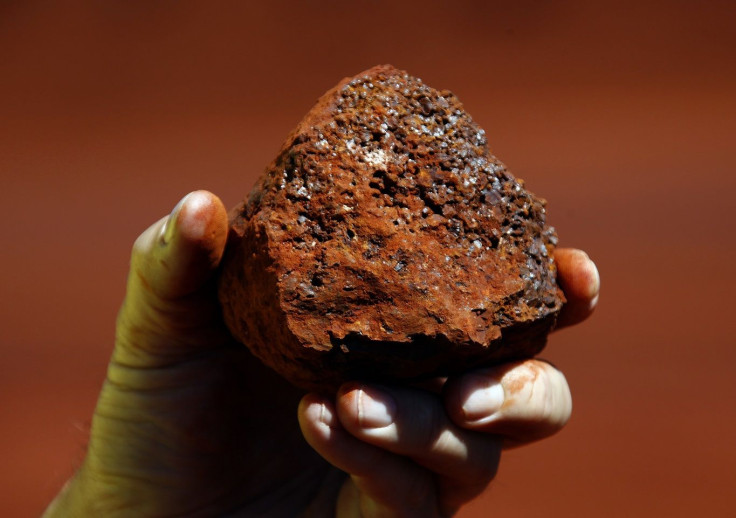Analysts expect downgrade to iron ore prices; other base metals to make positive recovery during mining demand slowdown

Financial analysts on Tuesday downgraded the mining sector and slashed forecasts on commodity prices.
MarketWatch reported that the move was done due to the rising concerns toward the slowdown of metals demand from China. The cuts, which have been made across the board by Swiss-based multinational finance holding company Credit Suisse , were significantly felt most especially in commodity markets.
Barrick Gold Corp, for example, saw its shares went down 5 percent in Tuesday trade, clocking in over 41 percent year-to-date loss. The Philadelphia Gold and Silver Index dipped more than 33 percent this year. MarketWatch said that as a result, broader assets have been dragged lower.
The Asian Development Bank also reduced its regional forecasts for 2015 and 2016. The original 6.3 percent growth forecast in gross domestic product (GDP) has been decreased significantly to 5.8 percent for 2015 and 6 percent for next year.
Aside from being the second largest economy in the world, China is one of the biggest consumers of raw mining materials and is an active buyer in the commodities market.
Swiss-based producer and trader Glencore PLC took a major tumble on Tuesday when its shares fell 16 percent at below US$1.55 [AU$2.21] for the first time, Bloomberg reported. BHP Billiton and even Rio Tinto have clocked in massive losses in trading early this week.
But some experts said that not all in the global mining industry are faring badly from the Chinese economy. Richard Morawetz, director of ratings agency Moody’s, said in that players who have poured their money to unstable sources of mining reserves have been greatly affected by the industry downturn.
“Metal and mining companies are most exposed to China’s gradual slowdown and could suffer both in terms of export volumes and the knock-on effect of lower prices.” he added.
As if by instinct, investors have taken into looking at other underrated sources of income well before the downturn. Amur Minerals Corporation (London AIM: AMC), for example, heavily invested in its Kun-Manie mine, a promising mining reserve in the Amur Oblast region in Far Eastern Russia. Drilling results have been positive ,
The company is expecting to benefit from the reserve, which contains JORC base metal resources in excess of 830,000 nickel equivalent tonnes. The project is also reported to contain by-product metals of copper, cobalt, platinum, palladium, gold and silver.
"Overall, we continue to expect the news from China to improve over the remainder of the year, helping sentiment towards commodities to recover," Capital Economics, a renowned research firm, told Proactive Investors UK .
CNBC quoted Bernstein senior analyst Paul Gait, who said that as for large miners like Glencore, they are expecting them to weather the downturn. He added the trading activity of the company was "genuine business activity that has to exist in the global economy," and that it has “fundamentally sound” industrial assets to make a positive recovery.
Contact the writer at feedback@ibtimes.com.au, or let us know what you think below.





















